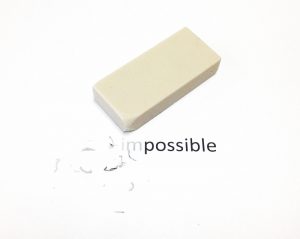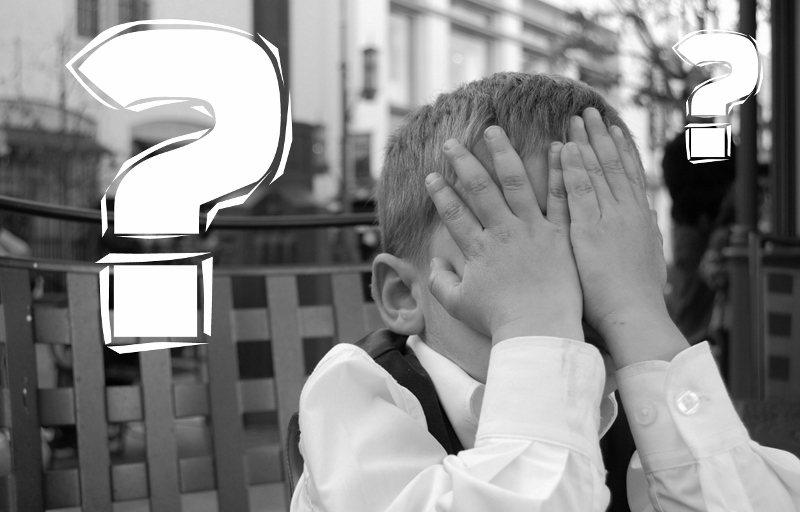Fortune Cookie Friday: When Will We Ever Learn
The other day I took a quick trip to a neighborhood fair around the corner from my house. Even though there was a chance of rain later in the evening, the skies were clear. I checked a weather app on my phone, and everything looked good. So, I headed out the door without an umbrella since it was just around the corner. Besides, I wasn’t planning on staying at the fair very long.
The event was fun, and I had the opportunity to visit with neighbors. Of course, my quick trip ended up lasting a little longer than I thought and dark storm clouds soon joined the event. At the first clap of thunder, I started walking briskly back home. A few fat raindrops made me increase my speed, but it wasn’t long before the torrential downpour had me cursing at myself for not taking my umbrella. By the time I reached my house, I was out of breath from running—I don’t run often—and soaked to the bone.
What mistakes did I make? Well, weather forecasts aren’t 100% accurate. I should have taken the umbrella, in case of rain. I also didn’t plan on staying as long as I did. I had such a good time talking with friends I lost track of time. This last mistake is one that I make often. Brevity was never my strong suit.

We are human beings so, of course, we are fallible. We make mistakes all the time. Sometimes we learn from them, and sometimes we make the same mistakes over and over again. What is it about us? Why do we repeat the same mistakes?
I’ve written about learning from our mistakes in the past and how it can lead to wisdom. Unfortunately, it turns out that we might not learn as well as we thought. According to Olga Khazan from The Atlantic, we are training our brains to make the same mistakes constantly.
In her video, she explains that we put too much focus on what we did wrong. We want to understand why we made a mistake so we don’t make it again. This makes our brains go through post-error slowing when we try to determine what caused us to mess up. It’s usually a good thing to pause when we realize we made a mistake, but this slowing can distract us from remedying the situation—squirrel!
Mistake pathways are also to blame for our constant recurrence of the same mistake. Our brains are not organized like neatly stocked shelves by an obsessive-compulsive clerk. They are more jumbled and interconnected like cobwebs. We make and store memories by creating new neural pathways from the information we take in from our five senses. This information is then encoded and stored in short-term or long-term memory.
When we don’t encode the information properly, we end up forgetting it. Later when we want to remember something, like someone’s name, we search our minds for anything that could help us. Our brains create a different pathway to find that name, but it won’t be a direct route. Our brains are naturally programmed to reinforce learning behaviors, and it will now use this pathway over another to find that name. This will cause us to make the same mistake in the future.

So what should we do to prevent post-error slowing and mistake pathways in brains? We need to stop beating ourselves up over what we did wrong and why. As Elsa would say, “Let it go.” This is why we have erasers. Instead, we should focus on what we want to accomplish and the path to that success. Then we can reduce the chances of repeated mistakes and maybe even become wiser.




